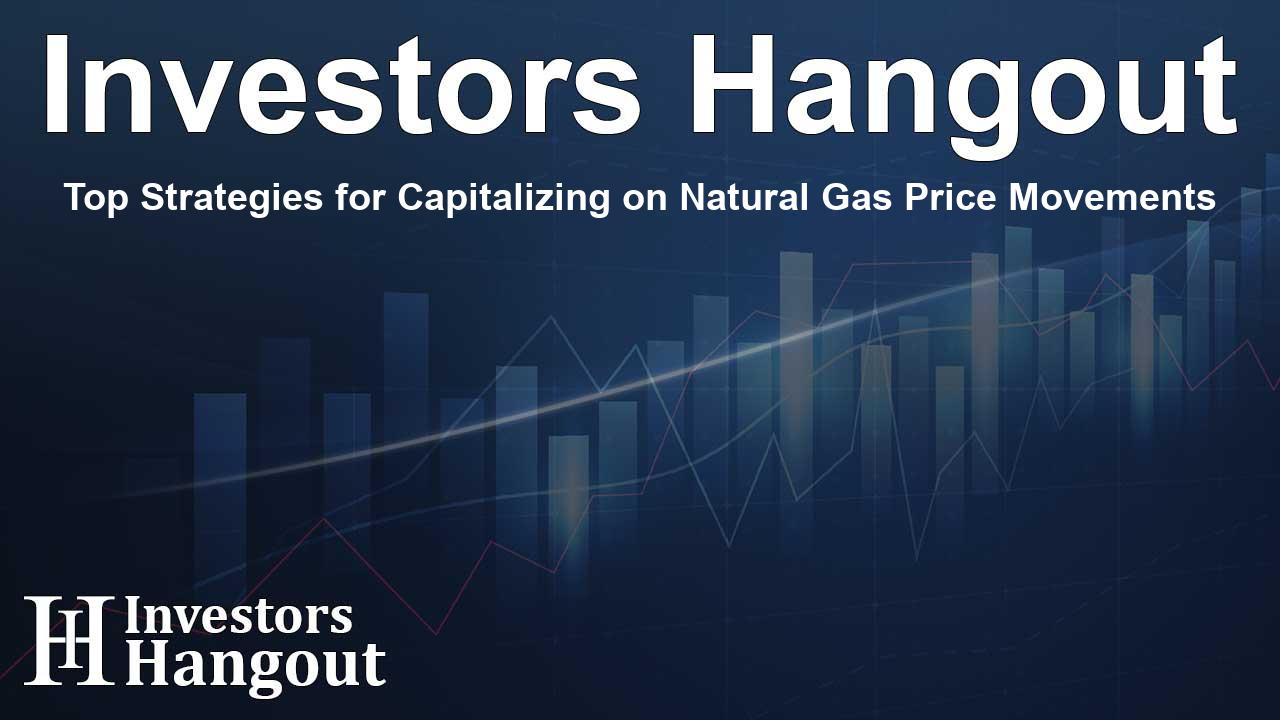Top Strategies for Capitalizing on Natural Gas Price Movements

Understanding Natural Gas Market Dynamics
Energy traders often refer to natural gas futures as the "Widowmaker" due to the volatility that can arise unexpectedly. Recent months have highlighted this volatility, exacerbated by geopolitical tensions and severe winter weather across regions. These factors have contributed to significant increases in natural gas prices, proving detrimental for short sellers. Although natural gas is a fossil fuel and not renewable, its combustion emits less pollution than coal, making it a more environmentally friendly option. Additionally, natural gas can be utilized in fuel cells to generate cleaner electricity via chemical reactions rather than traditional combustion.
Shift in European Gas Supplies
Over the past five years, certain European countries have relied on natural gas supplied by Russia, piped through Ukraine. However, the recent expiration of this gas transit agreement has led to a turbulent shift in the market. This decision stems from Ukraine's desire not to financially support Russia amidst ongoing conflicts. Following the announcement not to renew the deal, prices of natural gas saw a dramatic spike, with reports indicating a surge in prices close to 22% within a short timeframe. Despite the loss of substantial annual revenues for Ukraine, estimates suggest a much larger financial impact on Russia, further destabilizing the gas market in Europe.
Government Action and Weather Impact
In a surprising turn, U.S. President Biden moved to permanently prohibit new drilling on approximately 625 million acres, impacting various regions including the East Coast and Alaska. This declaration coincided with a nationwide snowstorm, affecting supply chains and further raising natural gas prices. The East Coast, bracing for what is predicted to be one of the harshest winters in decades, has seen prices fluctuate dramatically in response to these events. These developments highlight the interconnectedness of politics, weather, and energy markets, all of which play critical roles in pricing dynamics.
Two Key ETFs to Watch
As the natural gas market continues to demonstrate robust movements, it is essential to identify strategic investment vehicles. Here are two notable ETFs that investors can consider to capitalize on the surge in natural gas prices.
1. United States Natural Gas Fund ETF
The United States Natural Gas Fund (NYSE: UNG) stands out as a significant player in this sector. This ETF serves as a benchmark for trading and measuring the movement of natural gas prices. Featuring high liquidity with an average daily trading volume of 12 million shares, UNG manages assets totaling $863.7 million and has a market capitalization near $1.06 billion. Its primary investment is a sizable allocation in natural gas futures, which currently constitutes about 44.51% of its portfolio.
2. ProShares Ultra Bloomberg Natural Gas ETF
Another noteworthy option is the ProShares Ultra Bloomberg Natural Gas ETF (NYSE: BOIL). Designed for traders seeking higher volatility, this 2x leveraged ETF aims to replicate double the daily price movements of natural gas futures. For instance, if natural gas futures rise by 6% in a day, BOIL is expected to increase by approximately 12%. However, investors should exercise caution, as leveraged ETFs can experience decay in value if held over an extended period, particularly if the market sees erratic price movements.
Considerations for Short-Term Trading
Both UNG and BOIL are susceptible to contango, a market condition where the future prices exceed the current spot prices. This circumstance can lead to negative impacts on performance, particularly evident in leveraged ETFs like BOIL. Given this backdrop, trading strategies for these funds are best suited for short-term engagement rather than prolonged holding. Savvy traders can navigate these short-term market fluctuations to optimize their returns, while long-term holding could result in erosion of value.
Frequently Asked Questions
What are the main factors affecting natural gas prices?
Natural gas prices are influenced by supply-demand dynamics, geopolitical events, weather conditions, and government regulations.
What is the purpose of the United States Natural Gas Fund ETF?
This ETF serves to track the movements of natural gas prices, offering investors a convenient way to gain exposure to the commodity.
How does leverage impact the ProShares Ultra Bloomberg Natural Gas ETF?
Leverage amplifies price movements; for every percentage change in natural gas futures, the ETF seeks to reflect a double percentage change.
Why is short-term trading recommended for these ETFs?
Short-term trading is recommended due to potential value erosion related to contango and daily pricing mechanisms of leveraged ETFs.
What should investors watch for in the natural gas market?
Investors should monitor geopolitical developments, seasonal weather patterns, and government energy policies, as these can significantly impact market conditions.
About The Author
Contact Addison Perry privately here. Or send an email with ATTN: Addison Perry as the subject to contact@investorshangout.com.
About Investors Hangout
Investors Hangout is a leading online stock forum for financial discussion and learning, offering a wide range of free tools and resources. It draws in traders of all levels, who exchange market knowledge, investigate trading tactics, and keep an eye on industry developments in real time. Featuring financial articles, stock message boards, quotes, charts, company profiles, and live news updates. Through cooperative learning and a wealth of informational resources, it helps users from novices creating their first portfolios to experts honing their techniques. Join Investors Hangout today: https://investorshangout.com/
The content of this article is based on factual, publicly available information and does not represent legal, financial, or investment advice. Investors Hangout does not offer financial advice, and the author is not a licensed financial advisor. Consult a qualified advisor before making any financial or investment decisions based on this article. This article should not be considered advice to purchase, sell, or hold any securities or other investments. If any of the material provided here is inaccurate, please contact us for corrections.
